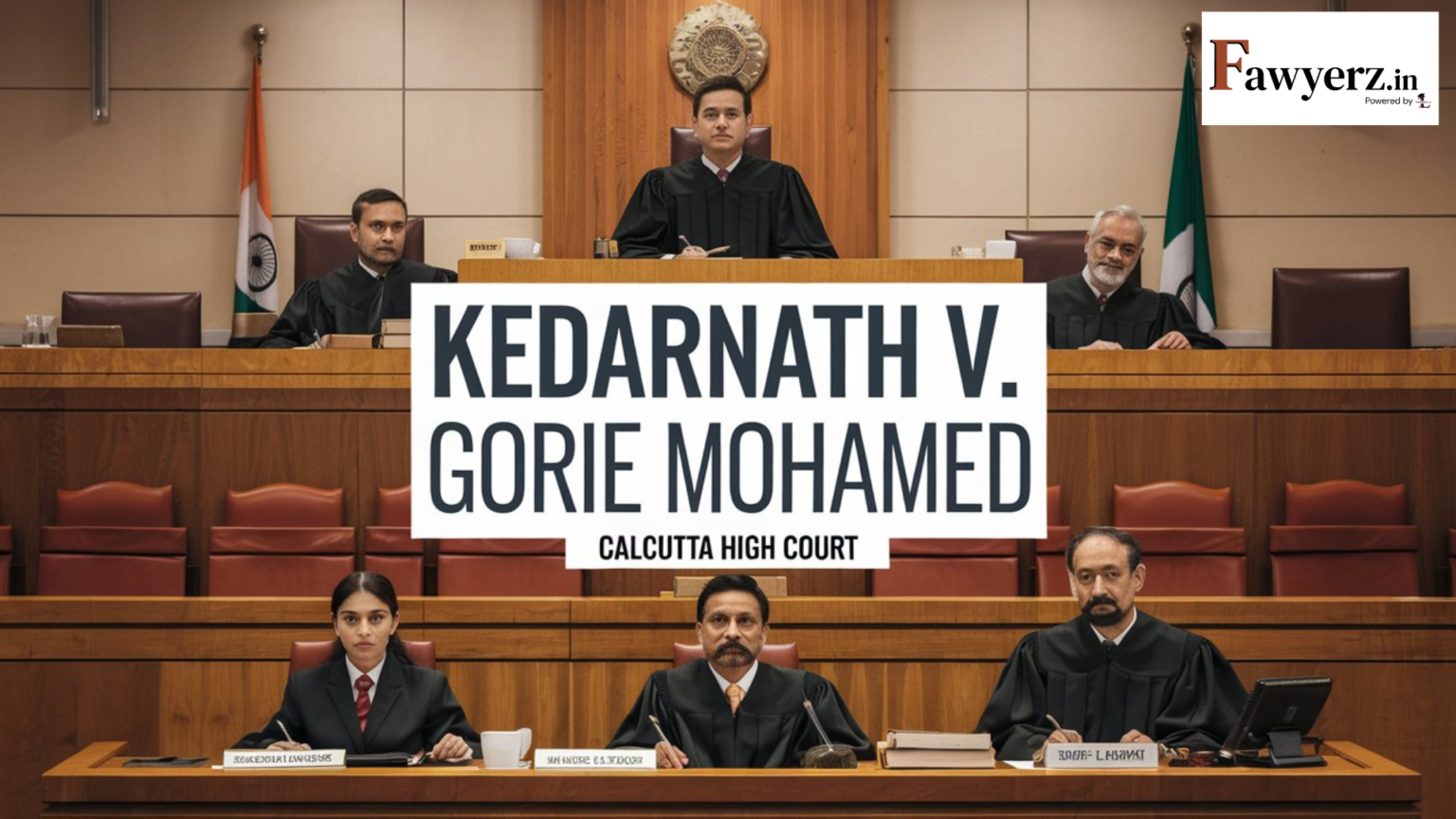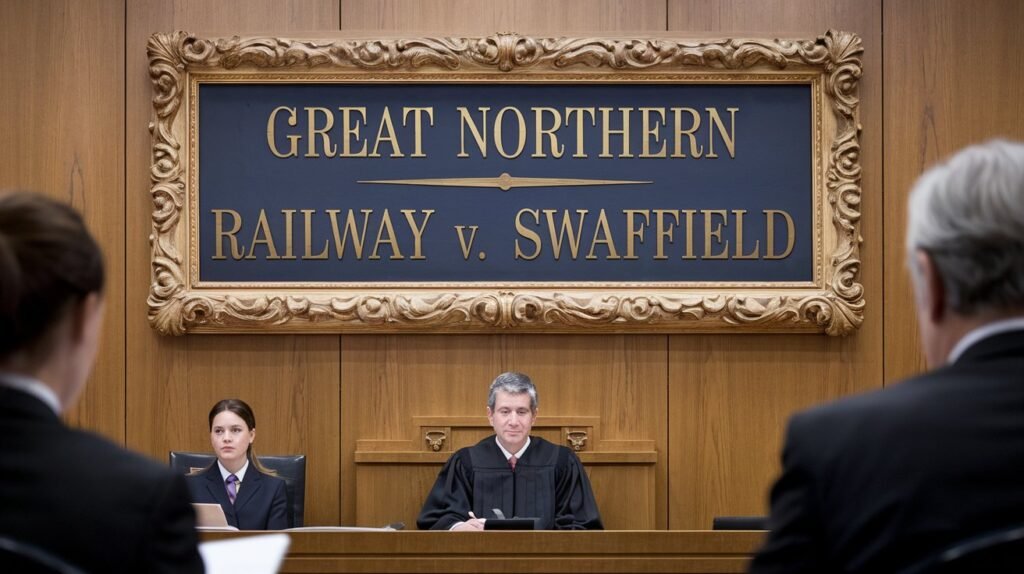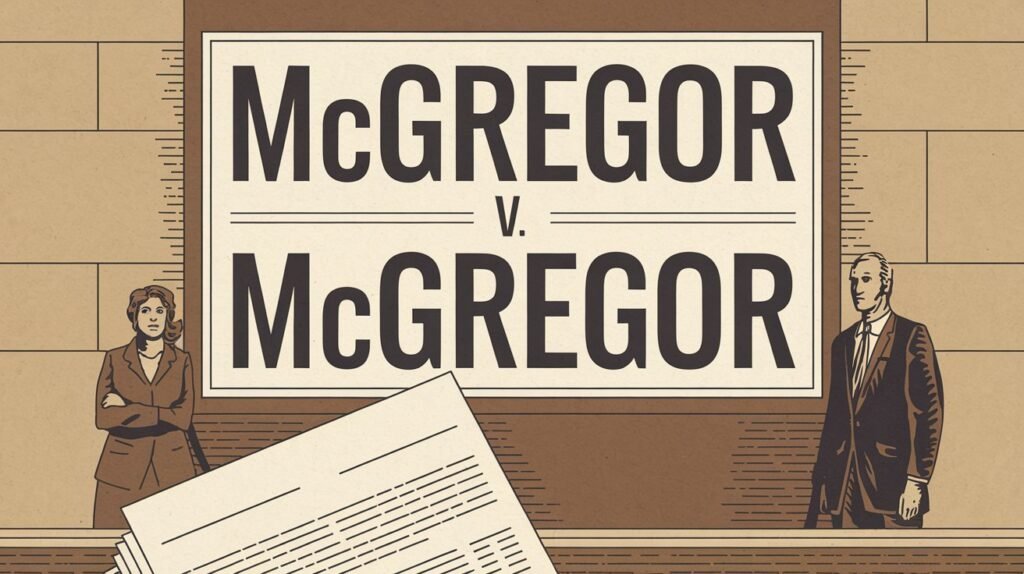Kedar Nath v. Gorie Mohamed 1886 (Case Summary)

This case established that promises made in subscription agreements for charitable purposes are enforceable if they induce reliance and result in legal obligations. It clarified that consideration need not directly benefit the promisor; it suffices if it fulfills an obligation or expectation arising from the promise.
Table of Contents
ToggleFacts of Kedar Nath v. Gorie Mohamed
- The plaintiff, Kedar Nath, a Municipal Commissioner of Howrah and a trustee of the Howrah Town Hall Fund, sought to construct a Town Hall in Howrah, contingent upon raising sufficient subscriptions.
- The defendant, Gorie Mahomed, subscribed Rs. 100 to the fund by signing the subscription book.
- Relying on these subscriptions, the plaintiff and other commissioners entered into a contract with a contractor to commence construction of the Town Hall.
- Subsequently, the defendant refused to pay the subscribed amount, leading the plaintiff to file a suit for its recovery
Issues framed
- Whether the promise to subscribe lacks consideration, rendering it unenforceable?
- Whether there was a valid contract between the parties?
Subordinate Court Judgment
The Court of Small Cause ruled in favor of Kedar Nath (Plaintiff) holding that the defendant, Gorie Mahomed, was liable to pay the subscribed amount of Rs.100. The court found that the plaintiff had entered into a contractual obligation with a contractor to construct the Town Hall based on the defendant’s promise, thereby constituting valid consideration.
Judgment of Kedar Nath v. Gorie Mohamed
The Calcutta High Court applied principles of consideration, which, under Section 2(d) of the Indian Contract Act, 1872, is defined as an act done at the desire of the promisor.
The court ruled that when a person subscribes to a public fund with the knowledge that the funds will be used to create legal obligations (such as a contract with a builder), their promise becomes enforceable. The legal principle applied is that of promissory obligation, where a promise to contribute money becomes binding if obligations are incurred based on that promise.
The judgment explicitly states:
- “In consideration of your agreeing to enter into a contract to erect or yourselves erecting this building, I undertake to supply the money to pay for it up to the amount for which I subscribe my name. That is a perfectly valid contract and for good consideration; it contains all the essential elements of a contract which can be enforced in law by the persons to whom the liability is incurred.”
The Calcutta High Court ruled in favor of Kedar Nath, holding that the defendant was obligated to fulfill his promise, as the plaintiff had acted upon it to his detriment by incurring financial liabilities.





